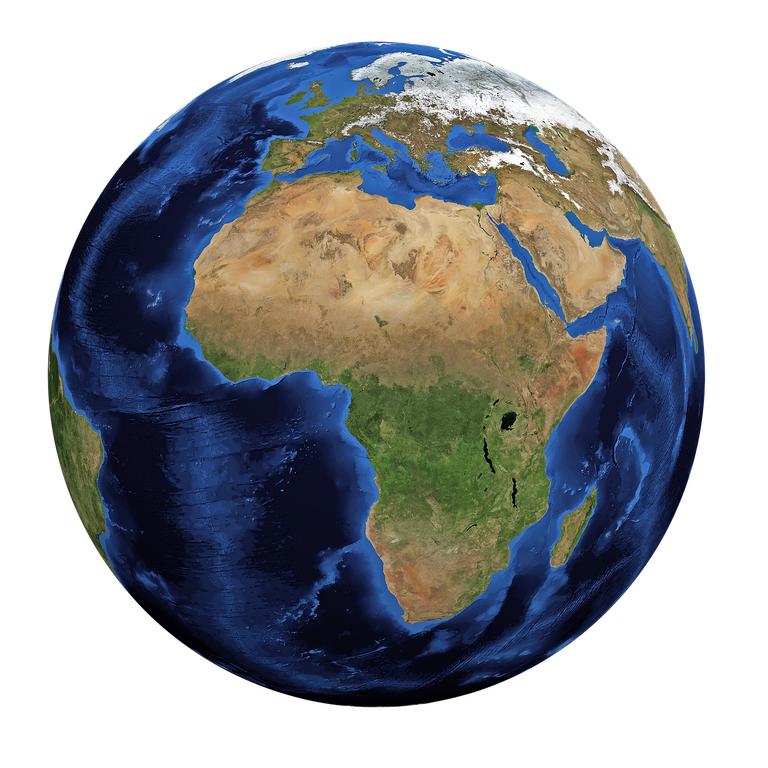
Since I was a little boy, I have had a passionate interest in global politics. I used to pick up geography books in my dad's library out of curiosity and be open to the atlas section, learning about the continents and the nations that made them up. I liked reading books on history and world politics as a child because it allowed me to understand how the world of today came to be.
Change is one thing that never stops happening in life, and during the past 30 years, the globe has seen significant changes in terms of technology, way of life, and—most significantly—politics. As soon as the Cold War was over, the world was able to withstand the impending danger of a nuclear conflict. Despite earlier expectations, the world is not currently more peaceful since the Cold War ended. We have always been prone to conflict and struggle because of our human nature.

Less than 1%
Looking back at history, one can see that fewer than 1% of the population, if not even less, is responsible for shaping the whole world. These people are leaders who govern their respective nations, and millions of people's futures are in their hands. They choose the laws and chart the course for their nations' futures. Some of these leaders are elected by the people who trust them or believe they are the best candidates to lead their nation, while others exercise authoritarian rule, leaving no room for democratic influence. Some of these leaders are revered as gods in their nation, and no one is brave enough to disagree with them.
Many of these dictators have full control over their nation's economic affairs and the authority to wake up one morning and wage war on any nation they want. The majority of wars conducted on earth were fought for irrational glory and extremely self-centered motives, and these leaders don't even care and are willing to risk the lives of thousands of their countrymen to fulfill their fantasies or visions of glory.
You may be asking what this article is trying to accomplish. I'm merely trying to make the point that a very small minority controls the course of the world.
The majority of people are constrained by absurd constitutions that may even go against their desires or the principles they uphold. For instance, several nations have conscription laws that force young people in certain age ranges to enlist in the military; if you don't, you risk being detained. Another example is the conflict between Russia and Ukraine, in which many Russians are conscripted into the military despite not wanting to fight.

What can the ordinary citizens do?
We live in a society where many citizens lack influence over significant matters, but that doesn't mean that we regular people can't work toward a better future. Of course, we can, just like the proverbial "little drops make an ocean." On Earth, other issues are also brought on by regular people like you and me.
For instance, racism is a problem most often created by individuals, as are some other crazy crimes that are happening in the world. While an ordinary citizen might not be able to change the world's politics or direction, he or she can make a little contribution in his or her day-to-day life by doing things that are within their power. For example, trying to be friendly and saying no to racism or any form of discrimination or prejudice

My resolve
I make sure, as a regular person, that I don't do things that harm the nation. People leaving trash on the ground is one thing that happens frequently in my nation. They don't mind leaving a mess of garbage on the ground and in the drains. I decided to never again deposit any kind of garbage in the drain or on the floor when I was a teenager. Wherever I am, I take care to dispose of my garbage appropriately. I also make an effort to persuade my closest friends to follow suit and avoid leaving behind trash or creating drainage. I am pleased with my acts, even though I am aware of how insignificant they are in the grand scheme of things. By refusing to litter the floor or the drainage, we can protect the environment and our waterways, thereby protecting our marine ecosystem from being saturated with inorganic waste like plastics and other dangerous chemicals.
Dispose of your waste properly!




